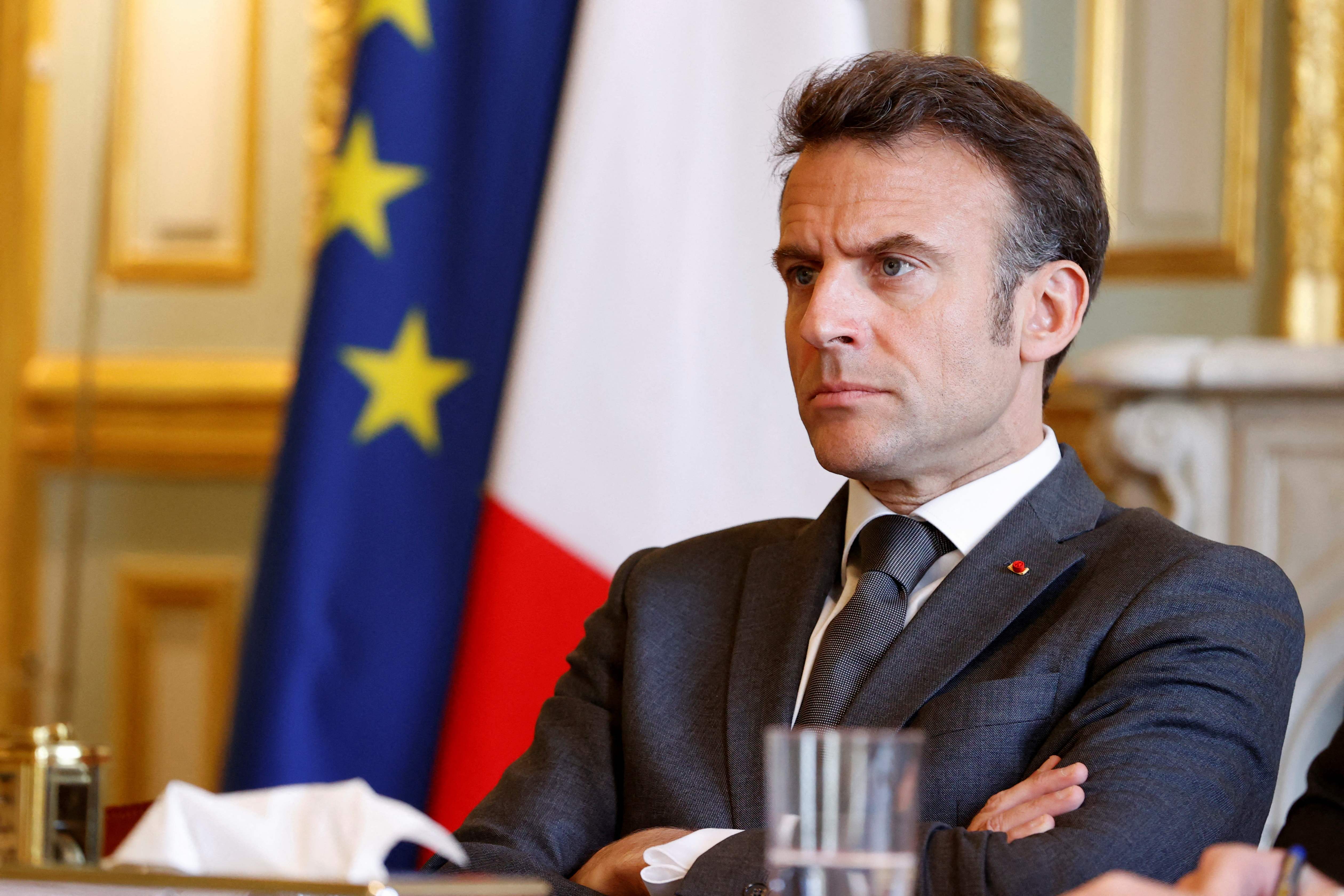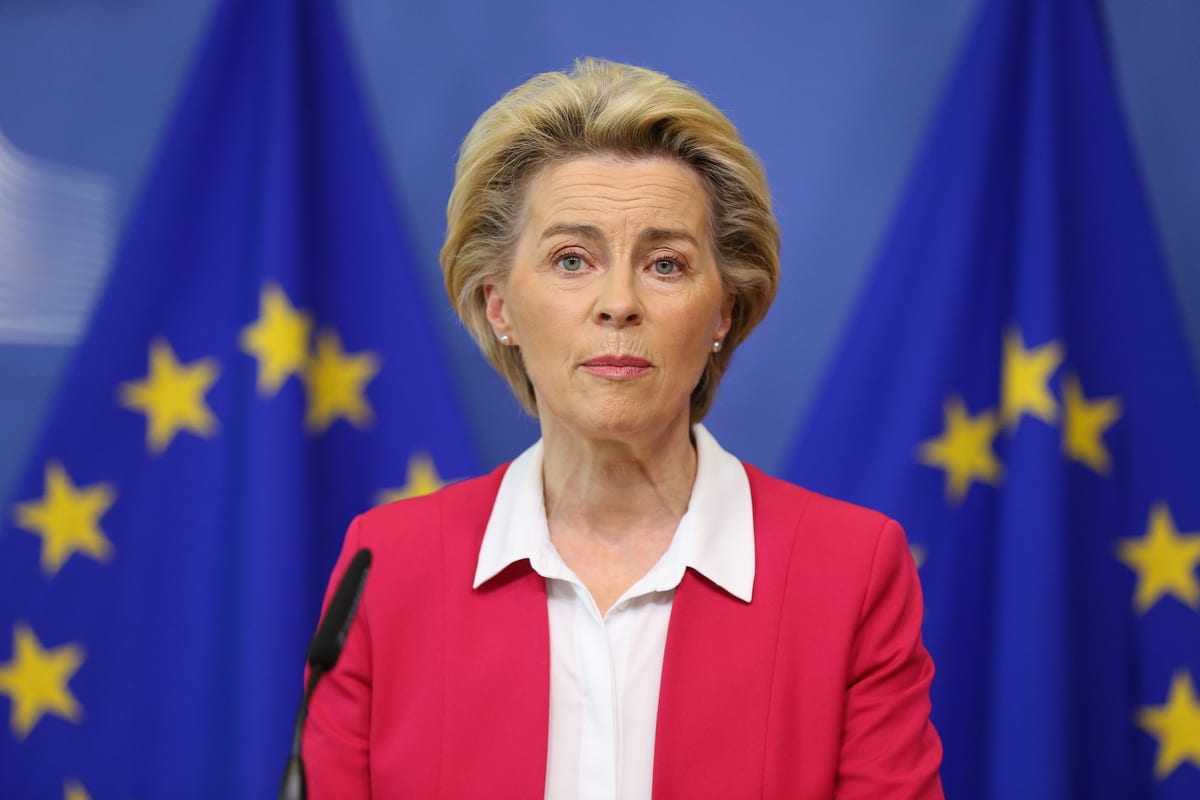Global Shockwaves: Trump's 10% Tariffs and What They Mean for France & Europe
Introduction
What Just Happened?
On April 3, 2025, U.S. President Donald Trump announced a sweeping 10% baseline tariff on all imported goods, with higher rates aimed at selected countries. Framed as a “revival of American strength,” this move is meant to protect domestic industries. However, it has ignited global tension, prompting concern and strategic responses—especially from France and the European Union.
 |
| President Donald Trump holds an executive order signed during an event announcing new tariffs in the White House Rose Garden, Wednesday, April 2, 2025, in Washington. © Evan Vucci, AP |
France's Immediate Reaction
President Emmanuel Macron described the tariffs as “massive and damaging”, warning of their potential to harm the French economy and disrupt international trade. Macron emphasized that such actions could create “a dangerous precedent.”
At the same time, French Finance Minister Eric Lombard struck a more cautious tone, urging the EU not to mirror the U.S. with retaliatory tariffs, as this could trigger inflation and increase costs for European consumers. Instead, Lombard called for measured diplomacy and the importance of bringing the U.S. back to the negotiation table.
Europe’s Stance: Firm, but Divided
European Commission President Ursula von der Leyen sharply criticized Trump’s decision, citing the potential for “severe economic damage” worldwide. The EU signaled readiness to respond with countermeasures if needed.
However, internal EU opinions vary. Some nations push for a strong response, while others echo France’s more diplomatic approach, wary of escalating a trade war that could weaken both sides.
Real-World Economic Concerns
- Price Increases: Imported American goods could become more expensive in Europe, and vice versa, if retaliation begins.
- Slowed Trade: Businesses depending on U.S.-EU trade (especially in sectors like wine, cosmetics, and aerospace) may pause exports.
- Global Market Instability: Rising tensions could lead to supply chain disruptions and deter investment.
France–U.S. Trade Snapshot
| Category | France’s Exports to U.S. | Approx. Annual Value |
|---|---|---|
| Wine & Spirits | ✅ | €3.5 billion |
| Cosmetics | ✅ | €2.1 billion |
| Aerospace Parts | ✅ | €1.9 billion |
| Fashion & Luxury | ✅ | €1.3 billion |
🟡 These industries are directly vulnerable to tariff increases.
Expert Insight
“Retaliatory tariffs could worsen inflation in the EU and cause uncertainty for small exporters,”
— Jacques Martin, Trade Economist, Paris School of International Economics
“This is not just an economic move. It’s a political message to the world,”
— Anaïs Dubois, Global Policy Analyst
Case Study: A French Vineyard Speaks Out
“Over 40% of our exports go to the U.S. If tariffs drive up the cost of our wine, we may lose market share to competitors from countries like Chile or Australia.”
— Mathilde Carreau, Co-owner of Château du Midi, Bordeaux
This real-world example shows how even small- to medium-sized French businesses are bracing for impact.
FAQ Section
Q: Will this affect my shopping on U.S. websites from France?
A: Possibly. If EU introduces counter tariffs, prices on U.S. products shipped to France may rise.
Q: Could this lead to a full trade war?
A: It depends on how both sides handle the next steps. Escalation is possible—but not inevitable.
Q: What sectors are most affected?
A: Wine, luxury goods, cosmetics, aerospace, and any industry with strong export ties to the U.S.
What Comes Next?
France urges caution and diplomacy. The EU prepares for potential countermeasures. Meanwhile, businesses and consumers across the continent wait to see whether this becomes a short-term disruption—or a lasting shift in global trade dynamics.
Analysis
The imposition of these tariffs by the U.S. represents a significant shift towards protectionism, reversing decades of trade liberalization. For France and the EU, this move poses challenges, including potential economic slowdowns due to disrupted trade flows and increased costs for consumers and businesses. The EU's consideration of countermeasures indicates a readiness to defend its economic interests, but internal divisions suggest a complex path forward. The situation underscores the fragility of international trade relations and the potential for escalating trade disputes to impact global economic stability.
Strategic Advantage
When U.S. President Donald Trump announced sweeping 10% tariffs on all imports, it shook the foundations of international trade. While many nations rushed to criticize or retaliate, France and Europe have an opportunity to respond with strategy (not emotion).
1. A Voice of Stability
Rather than mirror protectionist policies, France’s call for diplomacy helps the EU emerge as a global leader for fair and stable trade, appealing to partners disillusioned by U.S. unpredictability.
2. Trade Diversification
The tariffs highlight the risks of over-reliance on U.S. markets. Europe can now accelerate trade with Asia, Latin America, and Africa, building stronger, more balanced partnerships.
3. Boosting “Made in Europe”
As U.S. goods become more expensive, European-made products gain a competitive edge—supporting regional economies and reducing dependence on imports.
4. Green and Tech-Driven Innovation
Europe can turn this challenge into an advantage by investing in sustainable, tech-forward industries that attract future-focused global buyers.
5. Strengthening European Unity
Despite some internal division, this moment offers a chance to deepen EU-wide coordination, moving toward strategic autonomy in trade and beyond.
6. Attracting Global Investors
With the U.S. viewed as increasingly protectionist, Europe’s open, rules-based market becomes more attractive for international businesses and investors.
Final Thought
Trump’s tariffs may resonate with his political base, but their global impact could be profound. For France and Europe, the challenge lies in protecting economic stability while avoiding unnecessary escalation. As the world redefines its trade alliances, cooperation, not confrontation, may be the best way forward.
This is more than a tariff—it’s a test of global leadership. By choosing calm strategy over confrontation, France and the EU can redefine their place in the world economy.



